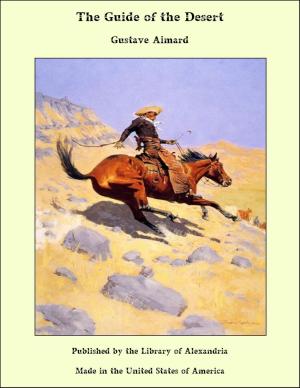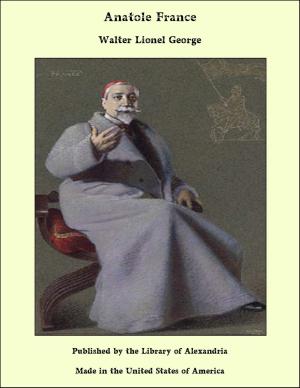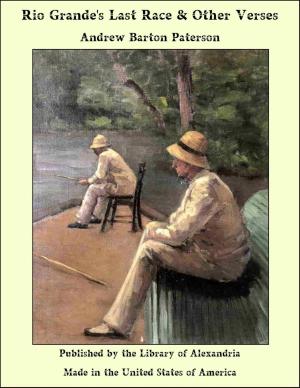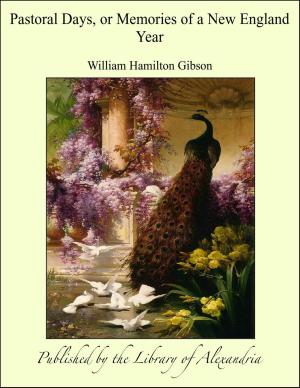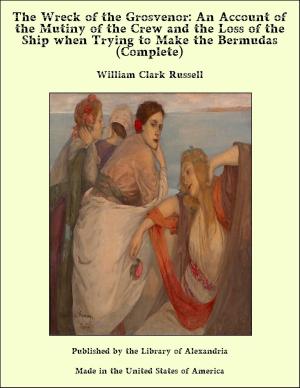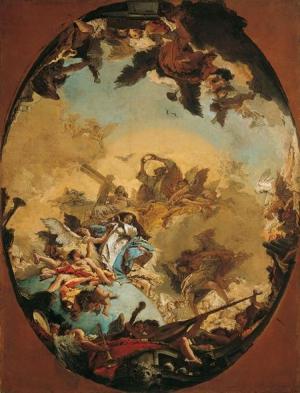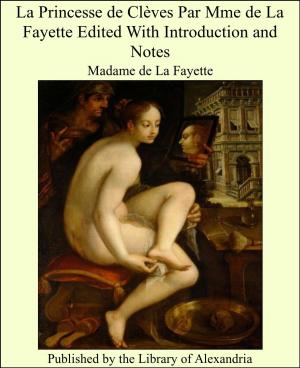The Arrow-Maker: A Drama in Three Acts
Nonfiction, Religion & Spirituality, New Age, History, Fiction & Literature| Author: | Mary Hunter Austin | ISBN: | 9781465611253 |
| Publisher: | Library of Alexandria | Publication: | March 8, 2015 |
| Imprint: | Language: | English |
| Author: | Mary Hunter Austin |
| ISBN: | 9781465611253 |
| Publisher: | Library of Alexandria |
| Publication: | March 8, 2015 |
| Imprint: | |
| Language: | English |
The greatest difficulty to be met in the writing of an Indian play is the extensive misinformation about Indians. Any real aboriginal of my acquaintance resembles his prototype in the public mind about as much as he does the high-nosed, wooden sign of a tobacco store, the fact being that, among the fifty-eight linguistic groups of American aboriginals, customs, traits, and beliefs differ as greatly as among Slavs and Sicilians. Their very speech appears not to be derived from any common stock. All that they really have of likeness is an average condition of primitiveness: they have traveled just so far toward an understanding of the world they live in, and no farther. It is this general limitation of knowledge which makes, in spite of the multiplication of tribal customs, a common attitude of mind which alone affords a basis of interpretation. But before attempting to realize the working of Indian psychology, you must first rid yourself of the notion that there is any real difference between the tribes of men except the explanations. What determines man's behavior in the presence of fever, thunder, and the separations of death, is the nature of his guess at the causes of these things. The issues of life do not vary so much with the conditions of civilization as is popularly supposed. Chiefest among the misconceptions of primitive life, which make difficult any dramatic presentation of it, is the notion that all human contacts are accompanied by the degree of emotional stress that obtains only in the most complex social organizations. We are always hearing, from the people farthest removed from them, of “great primitive passions,” when in fact what distinguishes the passions of the tribesmen from our own is their greater liability to the pacific influences of nature, and their greater freedom from the stimulus of imagination. What among us makes for the immensity of emotion, is the great weight of accumulated emotional tradition stored up in literature and art, almost entirely wanting in the camps of the aboriginals. There the two greatest themes of modern drama, love and ambition, are modified, the one by the more or less communal nature of tribal labor, the other by the plain fact that in the simple, open-air life of the Indian the physical stress of sex is actually much less than in conditions called civilized.
The greatest difficulty to be met in the writing of an Indian play is the extensive misinformation about Indians. Any real aboriginal of my acquaintance resembles his prototype in the public mind about as much as he does the high-nosed, wooden sign of a tobacco store, the fact being that, among the fifty-eight linguistic groups of American aboriginals, customs, traits, and beliefs differ as greatly as among Slavs and Sicilians. Their very speech appears not to be derived from any common stock. All that they really have of likeness is an average condition of primitiveness: they have traveled just so far toward an understanding of the world they live in, and no farther. It is this general limitation of knowledge which makes, in spite of the multiplication of tribal customs, a common attitude of mind which alone affords a basis of interpretation. But before attempting to realize the working of Indian psychology, you must first rid yourself of the notion that there is any real difference between the tribes of men except the explanations. What determines man's behavior in the presence of fever, thunder, and the separations of death, is the nature of his guess at the causes of these things. The issues of life do not vary so much with the conditions of civilization as is popularly supposed. Chiefest among the misconceptions of primitive life, which make difficult any dramatic presentation of it, is the notion that all human contacts are accompanied by the degree of emotional stress that obtains only in the most complex social organizations. We are always hearing, from the people farthest removed from them, of “great primitive passions,” when in fact what distinguishes the passions of the tribesmen from our own is their greater liability to the pacific influences of nature, and their greater freedom from the stimulus of imagination. What among us makes for the immensity of emotion, is the great weight of accumulated emotional tradition stored up in literature and art, almost entirely wanting in the camps of the aboriginals. There the two greatest themes of modern drama, love and ambition, are modified, the one by the more or less communal nature of tribal labor, the other by the plain fact that in the simple, open-air life of the Indian the physical stress of sex is actually much less than in conditions called civilized.

